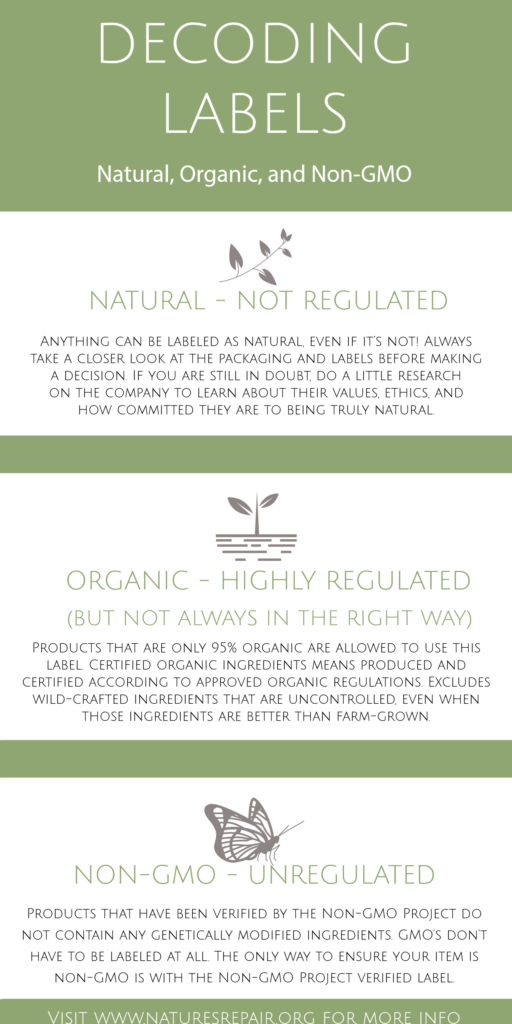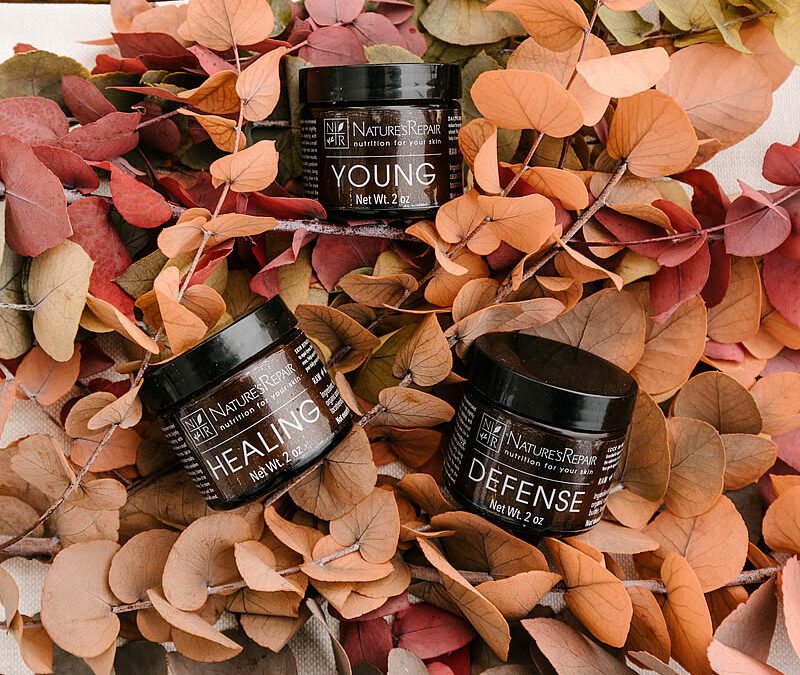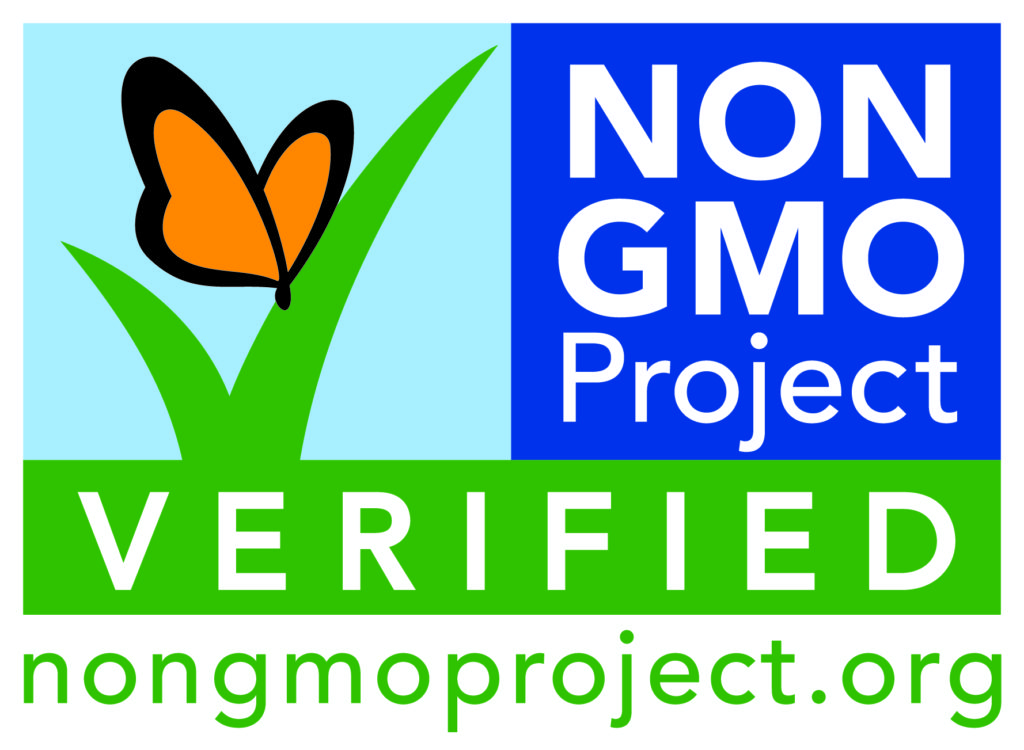Decoding Labels:
Making Sense of Natural, Organic, & Non-GMO
If you’ve ever found yourself reading a label and trying to figure out the difference between Non-GMO and certified organic, you know just how confusing finding truly healthy products can be. From natural to eco-friendly, organic to Non-GMO, even the most health-conscious can have a hard time understanding what each label means. Some are super regulated, others not so much, and with the brands that have less than great intentions, it’s important now more than ever to understand what your product labels really mean. Here’s what you need to know about the most common types so you can be sure you’re making the healthiest choice for yourself and the ones you love.
Natural
One of the most popular labels used on healthy or eco-friendly products is “natural”. For most of us, when we see natural or natural-based, we’re envisioning that our food, plants, and products come from nature. That they are made without any chemicals or synthetic ingredients. The problem with this label, however, is that it is completely unregulated which means a company or brand can say their products are natural, even if they’re not. A plant that has been doused in pesticides? It’s allowed to be labeled natural. A cow injected with antibiotics? Enjoy your all-natural labeled beef!
For br ands with integrity, the natural label is used to mean exactly what you’d hoped. But, unfortunately, far too often, brands use the word to manipulate people who just want to make better decisions for their health. There are countless products that are heavily marketed as all natural or natural, but upon further inspection, only contain a few natural ingredients. What’s worse is the rest of the ingredients used are often unhealthy and may even contain controversial toxins that are anything but natural.
ands with integrity, the natural label is used to mean exactly what you’d hoped. But, unfortunately, far too often, brands use the word to manipulate people who just want to make better decisions for their health. There are countless products that are heavily marketed as all natural or natural, but upon further inspection, only contain a few natural ingredients. What’s worse is the rest of the ingredients used are often unhealthy and may even contain controversial toxins that are anything but natural.
Nature’sRepair Tip: Always take a closer look at the packaging and labels before making a decision! If you’re still in doubt, do a little research on the company to learn about their values, ethics, and how committed they are to being truly natural.
Organic
If there’s one label that people trust the most it’s organic. Seeing the coveted USDA organic label provides a sense of understanding that, without a doubt, the product they’re consuming or using hasn’t had any interaction with pesticides, herbicides, insecticides, or chlorine at any point. However, that’s not exactly true. When a product is labeled organic, it actually means that it’s been produced and certified according to approved organic regulations. Regulations that include exceptions like only certain chemicals are prohibited in products that are labeled organic, chemicals that are simply limited or only allowed in certain areas in the complete farming process can be labeled organic as well, and a product only needs to contain 95% certified organic ingredients to use the USDA organic label.
The biggest flaw with organic labeling perhaps is that it doesn’t take into account the best ways to actually farm produce, plants, and other things found in nature. Take our wild-crafted shea butter for example. When grown in the wild, in its truly natural environment, shea butter has so many additional health benefits than farm-grown and controlled shea butter has. Unfortunately, since it’s wild-grown and uncontrolled, wild-crafted ingredients aren’t able to be certified organic.
Nature’sRepair Tip: Look for products and brands with integrity and transparency. Read their stories, understand their processes, examine how they move and interact with the world and environment. Labels matter, but not as much as you think.
Non-GMO
When you see the Non-GMO label, this means that the product has gone through the strict verification process by the Non-GMO Project to confirm it does not contain any genetically modified ingredients. While this seems simple enough, not too many people understand what GMO’s are and how they can affect us. When a company wants to get the most desirable trait from their livestock, crops, or plants, they use genetic modification (the production of improvements through gene manipulation) to alter the DNA in a laboratory. While in a way, this concept seems fine or even ideal, the problem is, when we use products that contain GMO’s, we don’t know how that ingredient was modified or what implications, whether immediate or in the future, they may hold.
Nature’sRepair Tip: Products with GMO’s do not have to be labeled! To make sure your products are GMO-free, be sure to look for the Non-GMO Project Verified label.
While labels are helpful and understanding them is essential, the best way to ensure you’re getting the healthiest products is to always do your research. In an unregulated world, it’s up to us to find the truth. We’re here to help!
Join us! Sign up for our mailing list to stay informed on all things health and wellness!



Trackbacks/Pingbacks